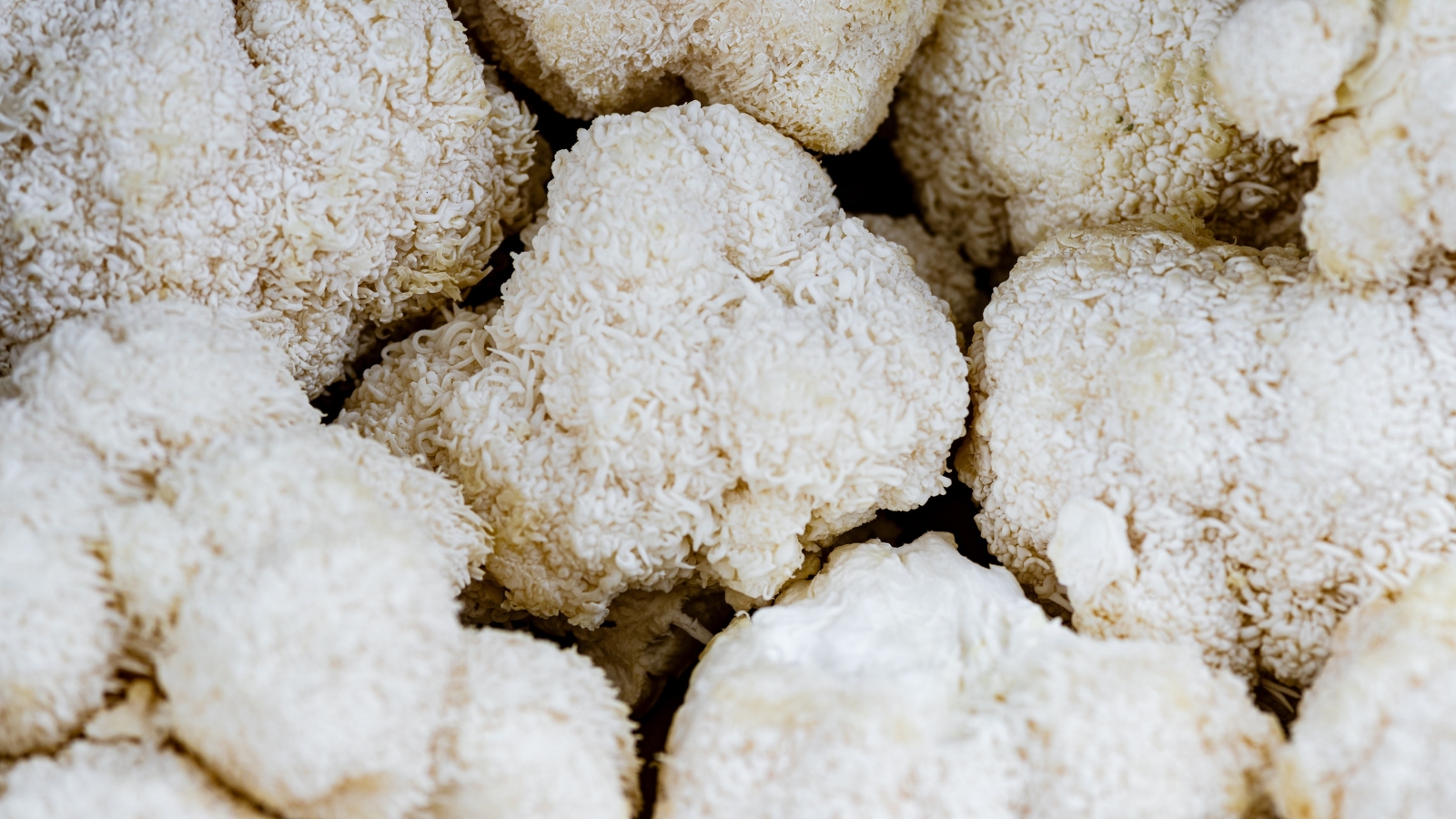Wellness
Exclusive: AstraZeneca and Vaxess to develop skin patch mRNA vaccine for pandemic flu under DOD grant
AstraZeneca is developing a novel type of mRNA vaccine that can be administered as a shelf-stable skin patch instead of a shot, potentially making distribution…

AstraZeneca is developing a novel type of mRNA vaccine that can be administered as a shelf-stable skin patch instead of a shot, potentially making distribution and administration of pandemic vaccines easier, Endpoints News has learned.
The pharmaceutical giant is partnering with Boston biotech startup Vaxess, which could get up to $10.3 million from AstraZeneca in a joint effort to develop prototype vaccines for pandemic influenza, Vaxess told Endpoints in an exclusive interview. Those funds are part of a larger award worth up to $80 million from the Department of Defense that AstraZeneca could use to develop and test the vaccine through a Phase I/II clinical study.
The partnership follows the startup’s $37 million Series B financing round over the past year and positive results from its own Phase I study of its vaccine patch for seasonal flu in June. The microneedle patches are made with silk protein tips that dissolve in the skin for a potentially longer and stronger immune response, based on research from scientists at the Massachusetts Institute of Technology and Tufts University.
“We’re really trying to bring down the barriers to mass vaccination campaigns,” said Vaxess co-founder and CEO Michael Schrader. “In a dream scenario, we would mail vaccine patches directly to patients’ homes as opposed to asking them to come in and congregate at sites like Fenway Park or Patriot Place and potentially risk further spread of the disease.”
Pairing that vision with mRNA vaccines, which can be rapidly designed to match an emerging virus, could prove especially powerful for fighting future pandemics. “All those benefits of the patch get enhanced when you add in the speed of production of mRNA,” said Livio Valenti, co-founder and SVP of strategy, operations and business development at Vaxess.
 Iskra Reic
Iskra ReicWhile vaccine giants Pfizer and Sanofi have built up their internal mRNA programs to compete with mRNA pioneers BioNTech and Moderna, AstraZeneca has demonstrated mixed interest in the new technology.
Last year the company dropped an mRNA therapy for heart failure that it was working on with Moderna. But AstraZeneca has a partnership with mRNA startup VaxEquity for up to 26 undisclosed drug targets and is working with the Chinese vaccine maker CanSino Biologics on manufacturing mRNA for undisclosed vaccine programs.
AstraZeneca did not grant an interview or answer questions about the skin patch vaccine or its broader interest in mRNA vaccines. In an emailed statement, Iskra Reic, the company’s EVP of vaccines and immune therapies, said AstraZeneca was “pleased” to be collaborating with Vaxess “as part of a broader agreement with the US government.”
“We recognize that effective pandemic preparedness is critical to supporting sustainable and resilient healthcare systems, as well as protecting public health. We have a twenty-year heritage in developing influenza vaccines and we are proud to be part of this continued effort,” she said.
Towards shelf
Scientists have long dreamed of creating vaccines so easy to use that they could be mailed to your door and self-administered. Merck has previously partnered with a rival vaccine patch startup, the similarly named Vaxxas, for an undisclosed vaccine candidate. Other startups, including Micron Biomedical, as well as several academic labs, have developed their own skin patch vaccines, but progress toward patches that are safe, effective and affordable has been slow.
Nearly 12 years after its founding, Schrader believes that Vaxess is starting to solve some of those issues. And he thinks that AstraZeneca, the only company to make an intranasal flu vaccine, is well-positioned to understand the need for alternatives to needles.
The $80 million award to AstraZeneca was led by the Department of Defense but includes funds and input from the Department of Health and Human Services, the Administration for Strategic Preparedness and Response and the Biomedical Advanced Research and Development Authority (BARDA).
“For many years, particularly through Covid, I think BARDA has realized that mRNA can be the right tool for responding to future pandemics,” Schrader said. “But stability has always been an issue with both of the approved Covid mRNA vaccines, which require frozen storage.”
In April, the startup announced that its silk protein formulations used in its microneedles kept mRNA lipid nanoparticles stable and potent for two weeks even when stored at a toasty 37°C — or nearly 100°F. That toughness could make the skin patch vaccines easier to use in regions without cold storage, a boon to low- and middle-income countries.
Vaxess hasn’t tested an mRNA vaccine patch in humans yet, but Schrader said that early animal studies have shown promise. And the company’s recent Phase I study of a seasonal flu vaccine using H1N1 proteins licensed from the South Korean company GC Biopharma is promising enough to move into a Phase II trial, he added.
But vaccines based on viral proteins or whole viruses may require reworking the microneedle patch for each new product, something Schrader hopes to avoid with mRNA. “If that lipid nanoparticle remains the same, our patch can remain the same, and it’s incredibly quick and easy for us to go from one molecule to the next,” he said.
Schrader is also hopeful that mRNA vaccine patches could reduce side effects such as soreness and tiredness common with mRNA shots for Covid. And the slow release of the vaccine from the microscopic silk tips of the patch might even improve the durability of the immune response.
“If that translates to mRNA that’s going to help overcome some of the main issues that these mRNA vaccines have seen so far,” Schrader said. “We’re looking to really expand our footprint in that field.”
manufacturing
vaccines
biologics
biotech
healthcare
public health
therapy
research
department of health

Lion’s Mane Mushroom: History, Benefits, and Adaptogen Properties
Explore the intriguing world of Lion’s Mane Mushroom in our comprehensive guide. Dive into its unique properties, historical significance, and myriad health…
AI can already diagnose depression better than a doctor and tell you which treatment is best
Artificial intelligence (AI) shows great promise in revolutionizing the diagnosis and treatment of depression, offering more accurate diagnoses and predicting…
Reasons You should Get this: Neptune Wellness Solutions Inc (NASDAQ:NEPT), WeTrade Group Inc. (NASDAQ:WETG)
NEPT has seen its SMA50 which is now -9.28%. In looking the SMA 200 we see that the stock has seen a -92.25%. WETG has seen its SMA50 which is …
The…













